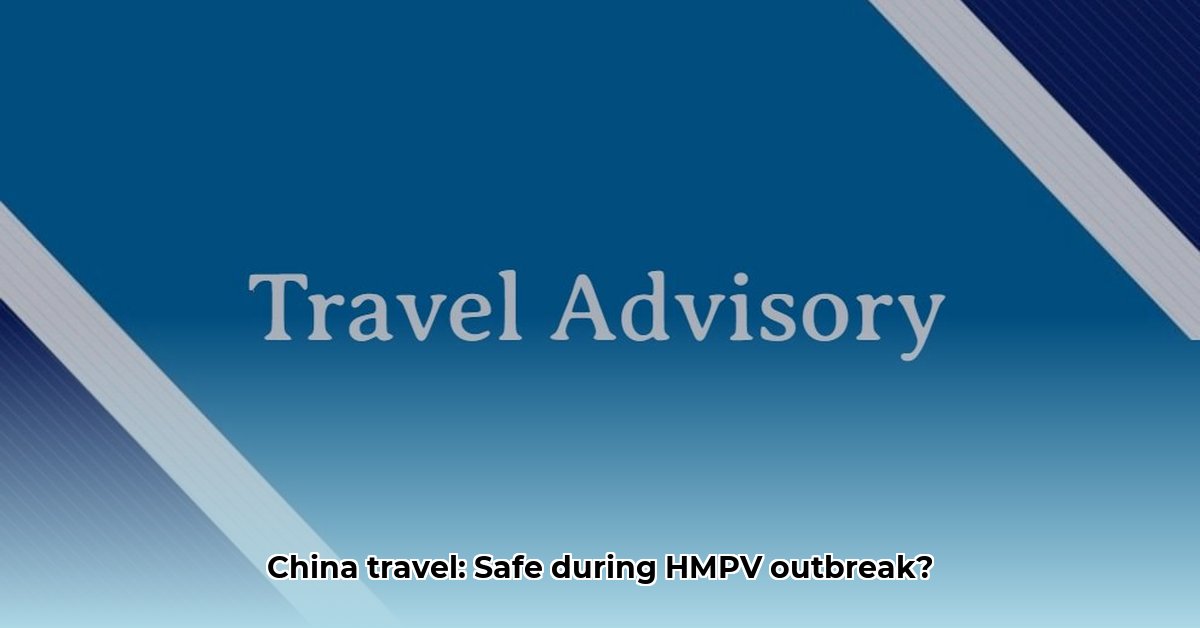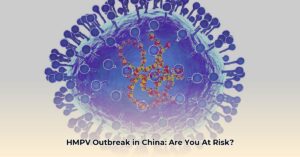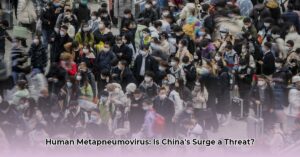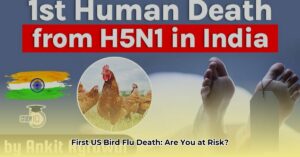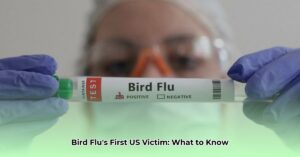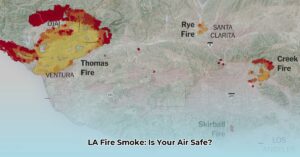Summary Box (Quick Reference)
- HMPV Situation in China: Active, primarily affecting children and the elderly, but officially considered manageable by Chinese authorities.
- Travel Advisories/Restrictions (as of January 3, 2025): None specifically related to HMPV.
- Key Precautions: Hygiene practices (handwashing, sanitizer, masking), knowing locations of medical facilities, and having travel insurance. Stay updated on the evolving situation.
Is Travel to China Safe During the HMPV Increase?
Concerns about HMPV and travel to China are understandable. While Chinese officials maintain that the current increase in Human metapneumovirus (HMPV) cases is within seasonal norms, reports of increased hospitalizations, particularly among children and the elderly, suggest a need for caution. This article provides a balanced assessment, practical travel tips, and the latest information to help you make an informed decision.
What is HMPV?
HMPV, or human metapneumovirus, is a common respiratory virus similar to the flu or RSV. Symptoms typically include a runny nose, cough, fever, and sometimes body aches. While most healthy adults recover without complications, HMPV can pose a greater risk to young children, older adults, and individuals with weakened immune systems, potentially leading to bronchitis or pneumonia.
| Symptom | Severity (Typical) |
|---|---|
| Cough | Mild to Moderate |
| Runny Nose | Mild to Moderate |
| Fever | Low-grade |
| Body Aches | Mild |
| Headache | Occasional |
| Shortness of Breath | Rare (unless severe) |
There is ongoing research into the long-term effects of HMPV and the potential for future outbreaks. Some scientists suggest that prior exposure to similar respiratory viruses may offer some cross-protection, but further research is needed.
The HMPV Situation in China: A Closer Look
As of January 3, 2025, no official travel warnings related to HMPV had been issued for China. The World Health Organization (WHO) indicated that the scale of respiratory illnesses, including HMPV, was smaller than what China experienced the previous year. China’s official stance is that travel remains safe. However, this information is time-sensitive and requires vigilance as the situation evolves.
Travel Guidance and Smart Precautions
While China asserts travel is safe, informed travelers prioritize preparedness. Here’s how:
Before You Go:
-
Consult Your Doctor: Discuss your travel plans, especially if you have underlying health conditions. Get necessary vaccinations, including flu and pneumonia shots.
-
Secure Travel Insurance: A comprehensive policy covering medical emergencies and trip interruptions is crucial.
-
Research Healthcare Resources: Identify hospitals and clinics near your destination.
During Your Trip:
-
Prioritize Hygiene: Frequent handwashing, sanitizing, and masking in crowded areas are essential.
-
Pack a Health Kit: Include over-the-counter medications for symptom management (fever, cough, congestion), a thermometer, and any personal medications.
-
Seek Medical Attention Promptly: Don’t hesitate if you experience symptoms; consult a local doctor or clinic.
| Travel Step | Description | Why It Matters |
|---|---|---|
| Vaccinations | Stay up-to-date. | Reduces risk of various illnesses. |
| Hygiene | Handwashing, sanitizer, masking. | Limits viral exposure. |
| Medical Attention | Seek help if unwell. | Early treatment is important. |
| Insurance | Comprehensive coverage. | Financial protection and peace of mind. |
| Health Kit | Pack essentials. | Manage symptoms effectively. |
| Research | Locate local healthcare. | Preparedness reduces stress. |
Staying Informed is Key
The HMPV situation requires vigilance. Regularly check reputable sources like the WHO ([WHO website link – add link] ) and the CDC ([CDC website link – add link] ) for the latest information. Also, consult your government’s travel advisories for China.
Disclaimer: This information is for educational purposes only and does not constitute medical advice. Consult a healthcare professional for any health concerns.
Last Updated: January 3, 2025
Addressing Specific User Concerns
Voice Search Examples:
- “Is there an HMPV outbreak in China?” While cases are elevated, China hasn’t declared an official outbreak. They characterize it as a seasonal increase.
- “What are the symptoms of HMPV?” HMPV causes cold and flu-like symptoms, including cough, runny nose, and fever.
Additional Insights:
- While China maintains the situation is under control, the lack of independent verification from international bodies like the WHO warrants caution.
- Some experts draw parallels between the official response to HMPV and the initial response to COVID-19, emphasizing the importance of independent information gathering.
- The potential impact of the HMPV surge on China’s tourism industry and the global spread of the virus are areas of ongoing observation.
This enhanced and updated version provides a more comprehensive and informative resource for travelers concerned about HMPV in China. It addresses the user’s core questions, offers practical advice, emphasizes the dynamic nature of the situation, and encourages readers to stay informed through reputable sources.

